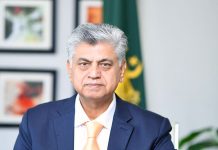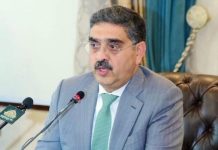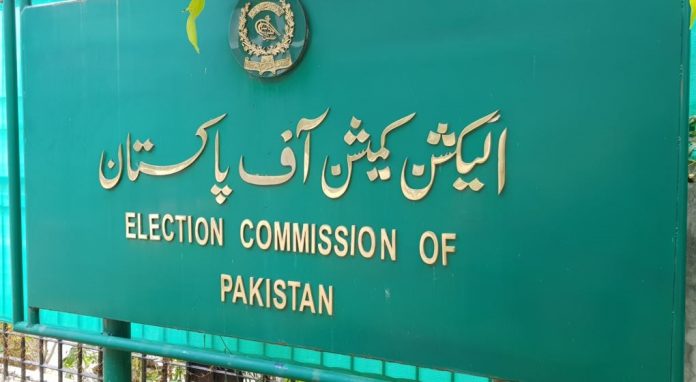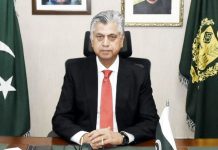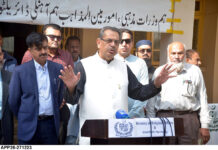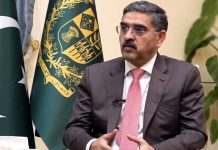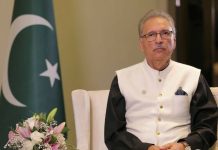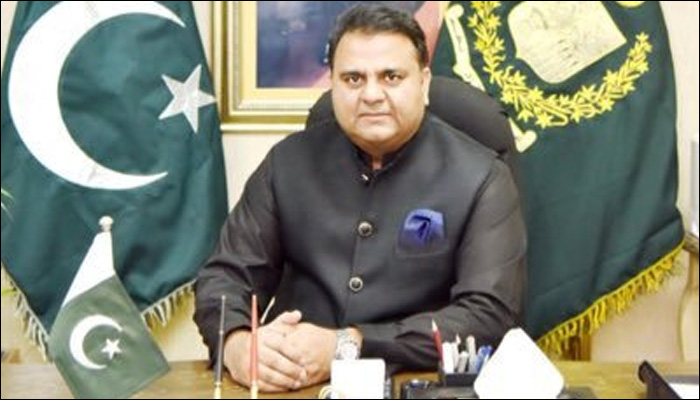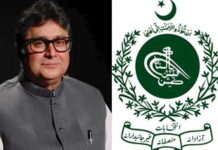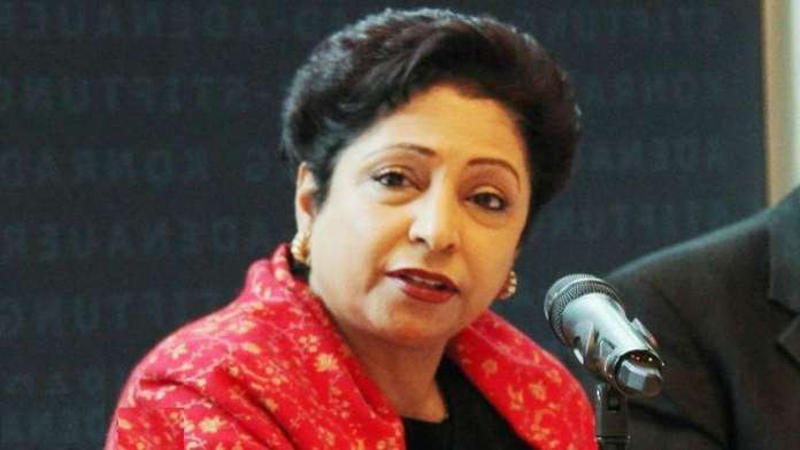
Pakistan’s Permanent Representative to the UN, Dr Maleeha Lodhi, called to reform the global peacemaking body while speaking during the UN General Assembly’s inter-governmental negotiations on UNSC amendments.
During her statement in the two-day session that began on Thursday, Dr Lodhi stated, “Solemn promises have been broken on not one but several resolutions on Kashmir, and undertakings reneged on.”
Urging to improve the working methods of the UNSC, the ambassador noted that reforms should focus on enhancing its transparency, openness and inclusive decision-making.
“It goes without saying,” she stressed, “that the majority of member states attribute the non-transparency and exclusive nature of working and decision-making of the council to its permanent members.”
Touching upon Pakistan’s experience while serving as a non-permanent UNSC member seven times, Dr Lodhi believed that the elected members had been able to do more to reinvigorate the working methods of the council.
“Therefore, an expansion in the council in the permanent category could imperil those gains,” she added.
Pakistani ambassador stressed that the ideal of a more transparent and open council should not be mortgaged to the narrow interests of a few countries.
Aspirants for permanent status in the council would fail to prioritise collective good over individual interest, she maintained The representative claimed, “We know only too well that permanent members of the council jealously guard their domain. There is no reason to believe that any new permanent members would act otherwise.”
Dr Lodhi added, “True representation is inherently linked to active and continuous accountability, and any measure of effectiveness is contingent on redressing the council’s existing dysfunctionalities, and not reinforcing them.”
“We, therefore, need to increase, not diminish, the ratio of non-permanent to permanent members,” she stressed.
The envoy believed that strengthening the role and authority of the General Assembly in determining its representation in the council remained the best way to ensure a responsible and accountable council.
She went on to wonder, “If elections and accountability are fundamental to our governments, parliaments, regional and international bodies and multilateral institutions, why should the Security Council be an exception to this?”
Ambassador Lodhi emphasised that the so-called “quick-fix” solutions, which aimed to address the substantive issues of the UNSC reforms without finding common ground, would be counter-productive.
“The reform process is too important to be reduced to procedural shortcuts,” she iterated.
The envoy pledged that Pakistan would continue to seek comprehensive reform of the Security Council to turn it into a more democratic, representative, accountable, transparent and efficient body. “This is an ideal that we all espouse. This is also an ideal that will make the UN ‘fit for purpose’ to confront the challenges of tomorrow,” she concluded.


